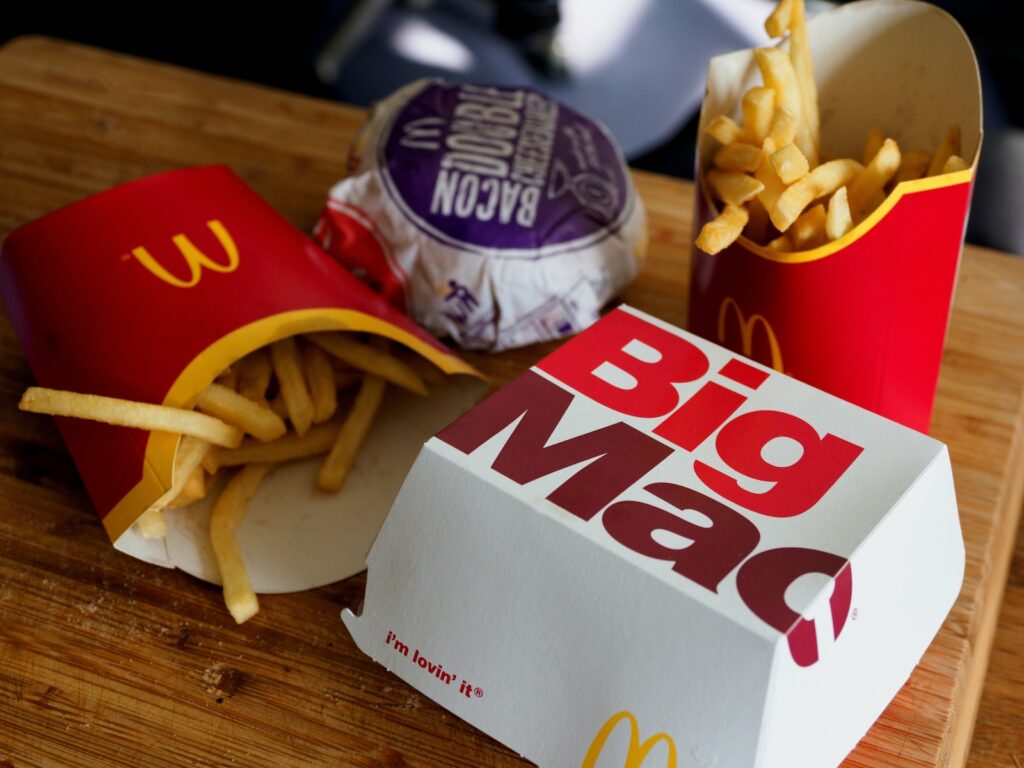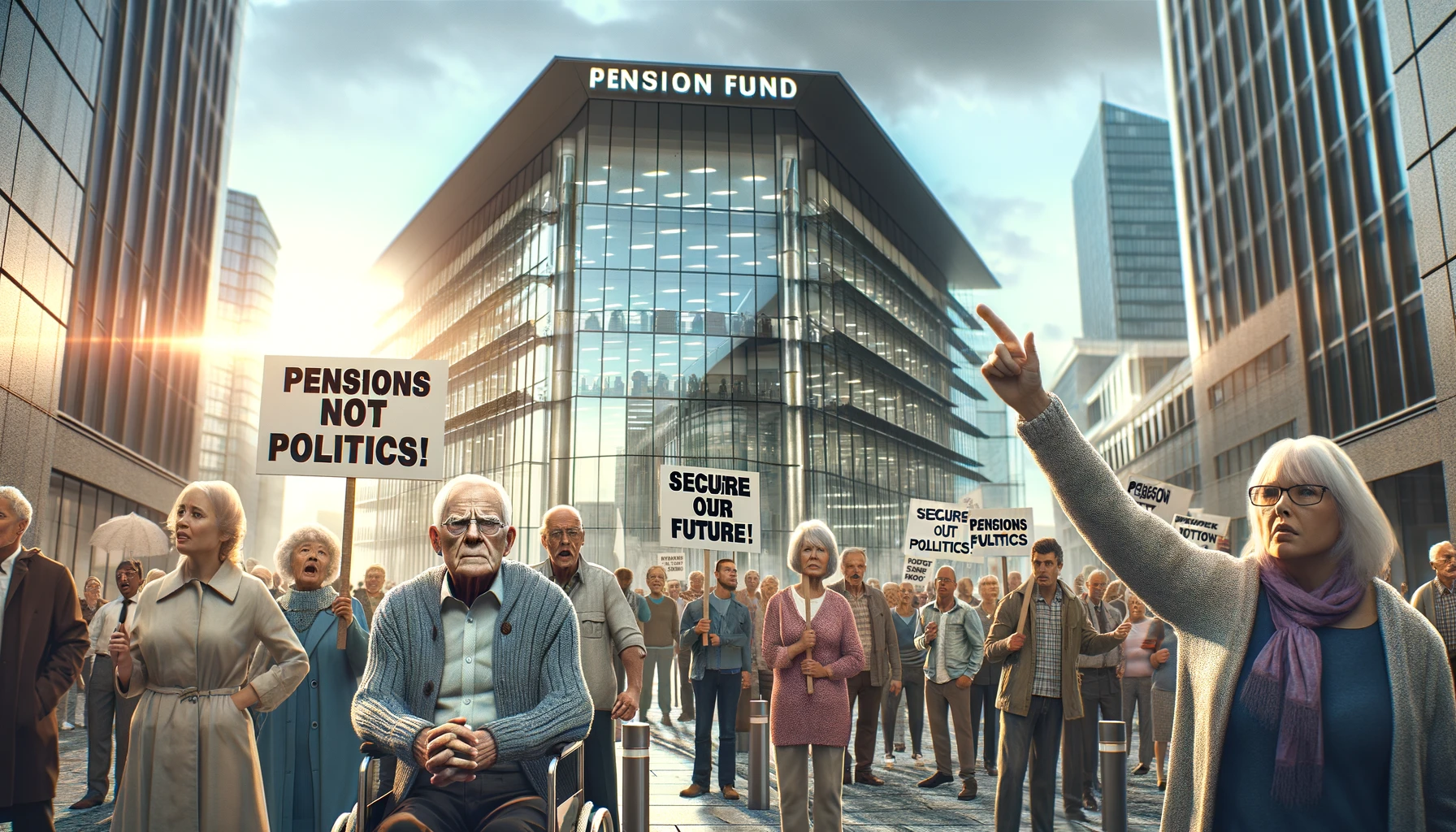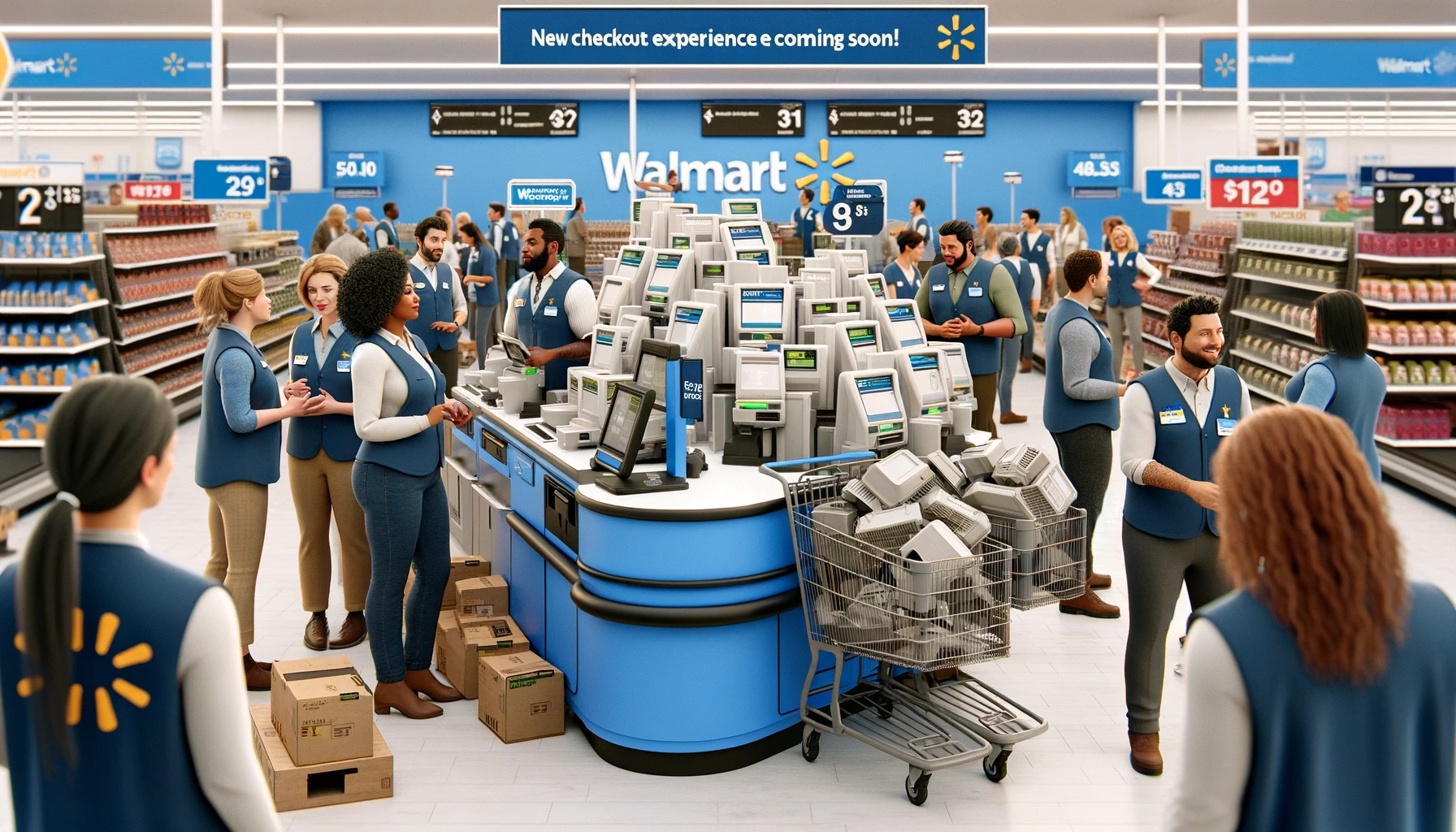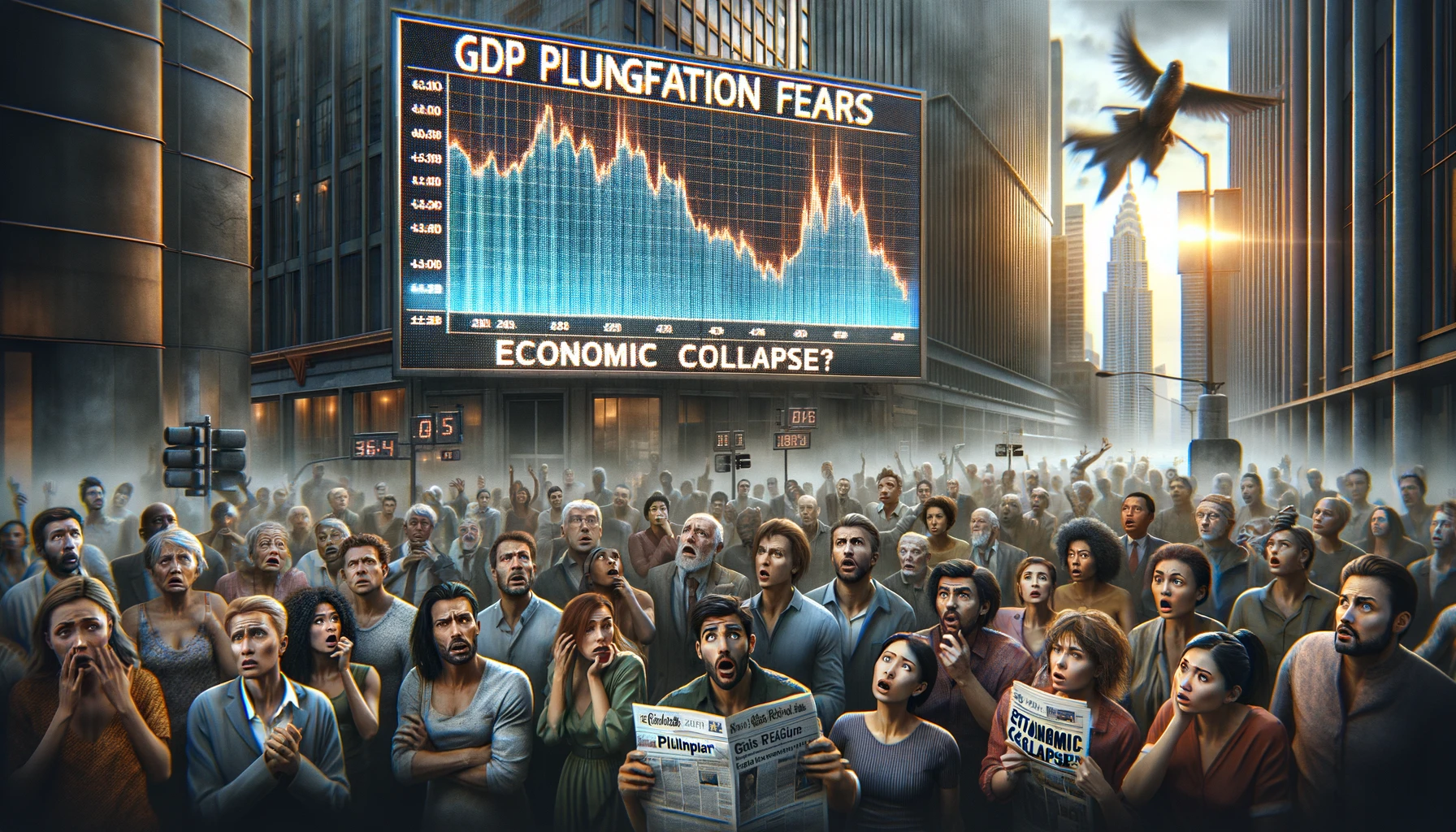Among the various potential solutions, an interesting proposal being explored is the implementation of automation in fast food establishments, a move that could dramatically reduce overhead costs and stabilize the volatile pricing situation. Multinational chains like McDonald’s and Taco Bell have already started rolling out self-service kiosks and automated systems to improve efficiency, curb staffing needs, and maintain their competitive edge in pricing. Some experts caution, however, that while automation may initially alleviate the pressure of rising wages, it could ultimately lead to long-term job losses if not properly managed.
$20 minimum wage…$18 Bucks for a Big Mac Combo Meal at $MCD… pic.twitter.com/3ECqHE2iFK
— GK Chesterton Tweets (@GilbertCTweets) January 5, 2024
Furthermore, industry insiders are also examining the possibility of restructuring their business models from a broad national template to a localized one that considers demographic factors including the cost of living and minimum wage rates of each city or state. Such a move could facilitate a more careful, strategic approach to setting prices that will meet increased wages without driving away customers. Alternatively, some suggest that the government should revisit wage policies, notably minimum-wage increments, from a broader perspective, acknowledging their consequences on the business ecosystem and their indirect implications on the financial health of the public.
As the fast-food industry continues to grapple with this rising price reality, market analysts observe that this ongoing saga underscores a pivotal junction in the American economy. The decisions made in resolution of this issue will have long-lasting effects on the labor market, the fast-food industry, small businesses, and ultimately the American consumer.
With the course of inflation currently on an upward trajectory and wages on a see-saw, the question remains as to how the government, corporations, and the public can collaboratively navigate this economic maze. Will we witness a surge in automation, or perhaps a redefinition of business models adopted by the giants in the industry – only time, and the market, will tell.
In conclusion, the soaring fast-food prices in America are symptomatic of a more complex economic challenge. Balancing the scales of fair wages, affordable prices, and sustainable business operations is a significant task, grappling not just the fast-food industry, but the whole economy. The solutions are manifold and multidimensional, requiring deep consideration and negotiations amongst all stakeholders. As concerned parties continue to untangle this knot, we, as observers and consumers, cannot afford to stand on the sidelines. This unfolding drama, while acutely affecting our burger purchases today, will inevitably shape economic policies and business strategies of tomorrow. By staying informed and voicing our perspectives, we can participate in the creation of an economic environment that suits not just our pockets, but also our larger interests. The choice of whether we will be biting into an $18 Big Mac or a more affordable future, lies in our collective hands.

















